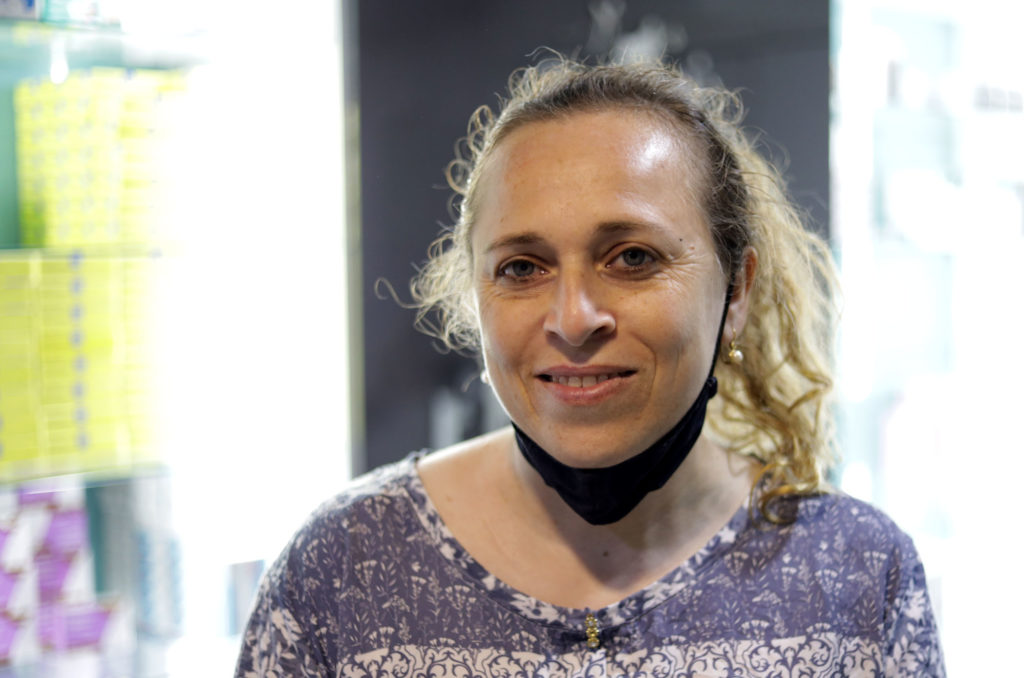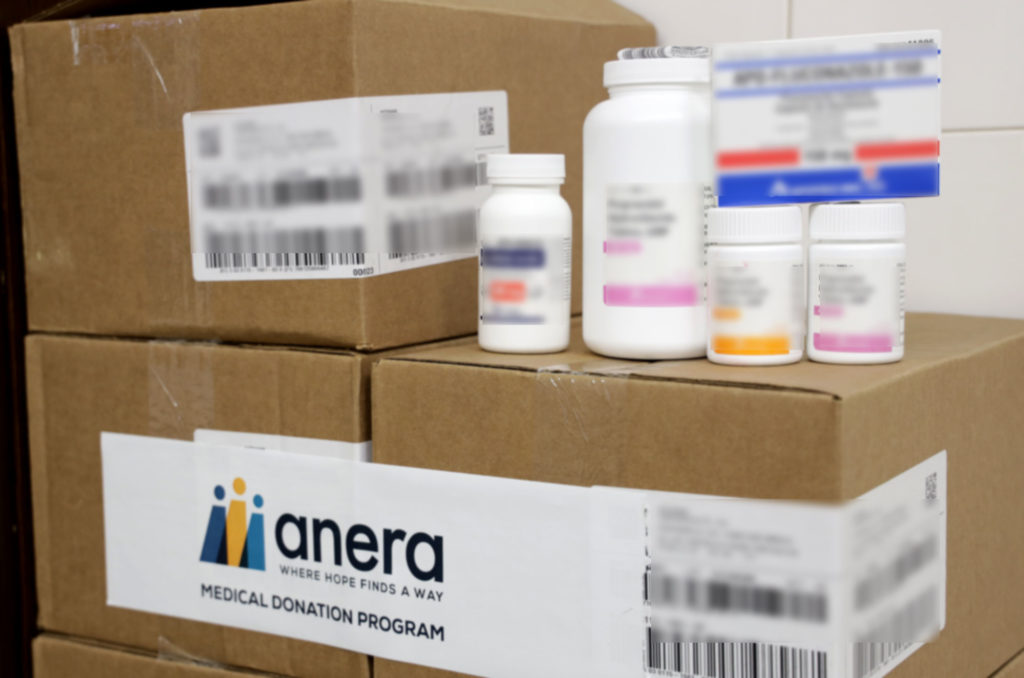Mental Health in Lebanon
Posted in: Report
Lebanon’s economic, political, and health crises have adversely impacted the mental health of people across the country. The COVID-19 pandemic, continuing economic crisis, and trauma of the Beirut blast have drastically increased the need for mental health support.
In 2021, the National Lifeline in Lebanon for Emotional Support and Suicide Prevention reported five times more distress calls per day than in 2019. Lebanon’s protracted crises have been particularly harmful to children, with a recent study finding that a third of children and adolescents studied in Lebanon showed signs of at least one psychiatric disorder. The study found that only 5% of those children and adolescents had sought professional help.
“The combined trauma from the Beirut blast, the coronavirus pandemic, and the currency crisis have brought new complications and serious psychological harm.”
-Nariman


While the demand for mental health support has increased, the availability of treatment has lagged behind.
Due to insufficient resources for mental health services in Lebanon, it is estimated that nine out of ten people who need help cannot get it. There are very few practicing psychiatrists and psychologists in the country, and only 42 outpatient mental health facilities, which are typically limited to urban areas.
A key constraint on mental health treatment in Lebanon is the shortage of accessible medicine. Most drugs used to treat neurological conditions are imported but not subsidized by the government. Like other imported goods, prices for psychiatric drugs have soared as the Lebanese pound has collapsed, leaving most of the population unable to afford them. For instance, the cost of one common sedative increased from 25,000 Lebanese pounds to 420,000 pounds in just two months. As a result, many go without, or are forced to ration their medicine. Others turn to the black market.
Hanna Azar, a Lebanese psychiatrist, reported that “many people have stopped taking their medications and have had health setbacks.”
Healthcare shortages do not stop at medicine in Lebanon. In September of 2021, The World Health Organization (WHO) estimated that nearly 40% of Lebanon’s doctors and 30% of nurses had departed the country since 2019. As a result, many patients are left without therapists or treatment options.
The mass exodus of medical professionals has left those who remain overburdened with more patients than they can handle. Fadi Maalouf, head of the psychiatry department at the American University of Beirut Medical Centre, reported a sense of hopelessness among his remaining staff.
“Sometimes we are helpless because we feel we can’t help everyone,” Maalouf said.
The influx of Syrian refugees into Lebanon in the last decade, currently roughly 840,900 people, has also increased the need for psychosocial services. A study conducted by the WHO and the National Mental Health Programme (NMHP) found that 22% of displaced, war-affected Syrians in Lebanon suffer from moderate to severe depressive symptoms. Since Lebanon offers little to no social safety net, mental health services are divided between the highly expensive private sector, unaffordable to most refugees, and support from local and international NGOs. Stigma related to mental health discourse in Syrian culture as well the minimal treatment options available to the refugees have resulted in a gap between treatment needs and availability for Syrian refugees.
The situation is dire. The economic turmoil and strain on public health services have shown little signs of slowing down. However, there are signs of hope, particularly from nonprofits that have stepped up to partner with public health centers in Lebanon.
Last year, thanks to generous medical aid donations from Health Partners International of Canada, Anera distributed over 5,000 chronic and mental medication treatments to patients from multiple public healthcare centers across Lebanon. In addition, with the support of Direct Relief, Anera donated critical medicine to the Family Guidance Center, a mental healthcare organization in Beirut, including medicines to treat bipolar disorder, depression, post-traumatic stress disorder, and other mental health ailments.


There are also promising new developments in providing mental health services. The WHO and the NMHP have begun implementing Step-by-Step, a digital mental health intervention for Syrian refugees suffering from depression and impaired functioning in Lebanon. In the program, patients receive five specialized sessions to go through on their own and have access to 15 minutes per week of remote guidance by a trained non-specialist “e-helper.” PLOS Medicine published the results of a randomized controlled trial and found that patients who participated in the Step-by-Step program showed a significant decrease in depressive systems and showed significant increases in cognitive functioning.
While it would be ideal for all Syrian refugees to receive formal, professional treatment from licensed psychiatrists, a lack of resources poses a barrier. Step-by-Step is a promising example of how NGOs and healthcare providers can leverage innovative tools to provide mental health services to vulnerable communities.
Treatment for mental health is a human right, and the provision of such treatment is particularly important in communities that have experienced collective trauma. While Anera and other nonprofit organizations have moved to help fill the gaps, much more must be done.
There is an immediate need for expanded access to affordable, culturally appropriate, and effective mental health care to those residing in Lebanon. Governments, donors, nonprofits, and other entities have a responsibility to make mental health treatment available to those who need it most.

